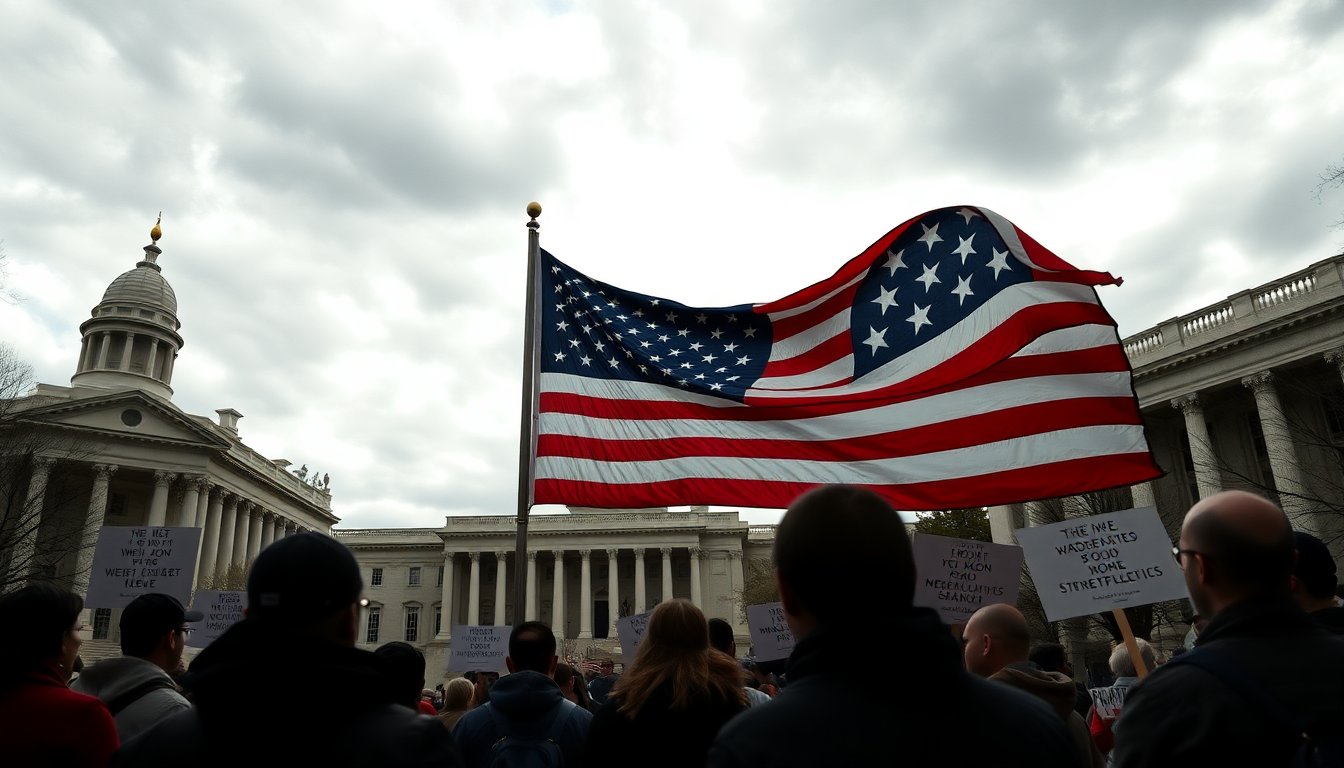Table of Contents
Former President Donald Trump has recently asserted that FBI agents bear responsibility for the January 6 Capitol riot. This claim is part of a broader trend in which Trump seeks to reshape the narrative surrounding that day, a moment that has been extensively scrutinized since it occurred. By suggesting that the FBI played a significant role in instigating the chaos, Trump diverts attention from the actions of his supporters while attempting to reinterpret a crucial moment in American history.
The Capitol attack, characterized by many as an assault on democracy, resulted in numerous injuries and significant damage. Trump’s remarks appear to minimize the severity of the incident, attributing blame to federal agents. This tactic represents a sustained effort by Trump and his allies to redefine the context of the violence that transpired.
Understanding the implications of Trump’s claims
Trump’s insinuation that the FBI’s involvement catalyzed the violence raises questions about accountability and the interpretation of events. The Capitol riot was fueled by a mob of Trump supporters motivated by false claims of a stolen election. By placing the blame elsewhere, Trump undermines the responsibility of those who directly participated in the attack.
Historical context of the January 6 attack
The events of January 6, 2021, followed a rally at which Trump urged his supporters to fight against the certification of electoral results. This rally culminated ongoing rhetoric questioning the legitimacy of the election. The subsequent breach of the Capitol building marked a significant moment in U.S. history, disrupting the legislative process in a manner not seen in over two centuries.
Investigations following the attack revealed that many individuals involved were motivated by conspiracy theories and misinformation perpetuated by Trump and his associates. Trump’s narrative, which seeks to place blame on the FBI, attempts to shift focus away from the real instigators of the riot, complicating the public’s understanding of the events.
The continued effort to rewrite history
This is not the first instance of Trump using diversionary tactics to reshape the narrative surrounding the January 6 events. He has consistently engaged in efforts to reframe the story to absolve himself and his supporters of guilt. The claim regarding the FBI is just one facet of this larger strategy.
Analyzing the effects of misinformation
The consequences of such misinformation are profound. By promoting unfounded claims, Trump confuses those already misinformed and risks inciting further division among the American populace. This tactic of shifting blame can exacerbate tensions as individuals grapple with conflicting narratives about a pivotal moment in contemporary politics.
Moreover, Trump’s claims could potentially undermine ongoing investigations into the Capitol attack. If the public begins to believe that external agencies, such as the FBI, were primary instigators, it may diminish accountability for those who actively participated in the riots.
The importance of accurate historical narratives
In politics, the interpretation of historical events is crucial for understanding the present and shaping the future. Trump’s recent assertions regarding the January 6 violence exemplify a dangerous trend of historical revisionism that can distort public perception and accountability.
As the implications of the Capitol riots continue to unfold, it is essential to seek accurate representations of events and to hold accountable those who played a direct role in the violence. Understanding the facts surrounding January 6 is vital for ensuring that similar incidents do not occur in the future and for preserving the integrity of democratic processes.


